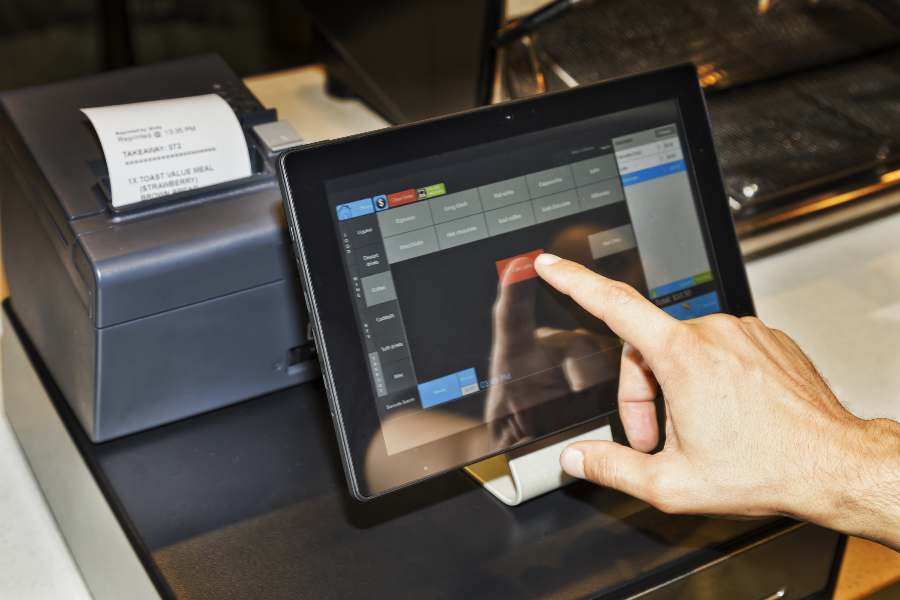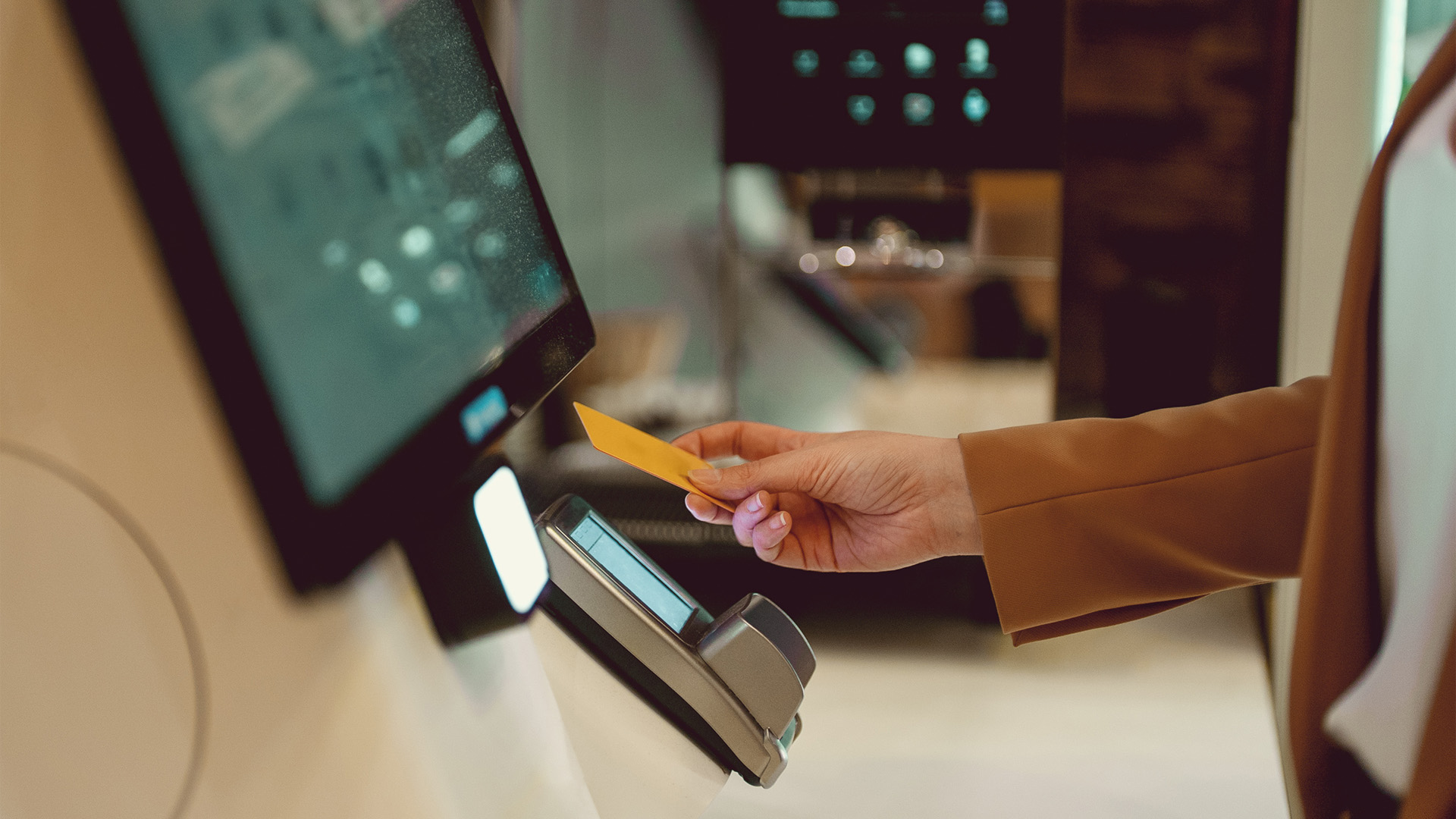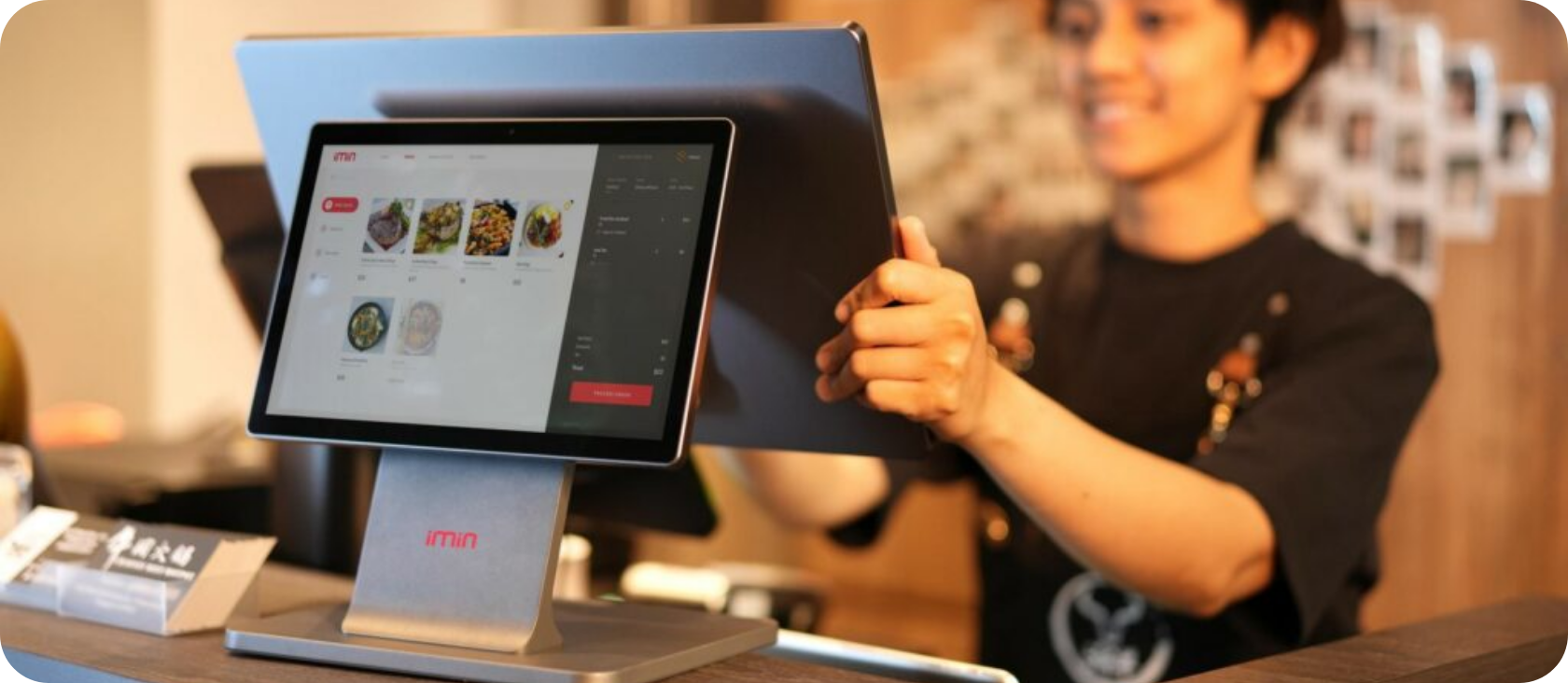Why Modern Businesses Can’t Thrive Without a POS System in 2024

In the rapidly evolving business landscape of 2024, staying competitive requires more than just quality products and excellent customer service. Technology has become the backbone of successful operations, and at the heart of this technological revolution lies the Point of Sale (POS) system. For modern businesses, a POS system is no longer optional—it’s a necessity. From streamlining operations to enhancing customer experience, a robust POS system can make or break a business in today’s dynamic environment.
The Role of POS Systems in Modern Business
A POS system is far more than just a tool for processing transactions. It serves as a comprehensive solution that integrates sales, inventory management, customer relationship management (CRM), and analytics into one cohesive platform. This centralization of data and operations enables businesses to operate efficiently, make informed decisions, and adapt quickly to market changes.
Key Reasons Businesses Can’t Thrive Without a POS System
- Streamlined OperationsEfficiency is paramount for modern businesses, and POS systems excel in streamlining daily operations. With features like automated inventory tracking, employee management, and sales reporting, businesses can:
- Save time on manual tasks.
- Reduce errors in inventory and billing.
- Optimize staff allocation based on real-time data.
- Enhanced Customer ExperienceIn 2024, customers expect seamless and personalized interactions with businesses. POS systems enable this by:
- Offering multiple payment options, including mobile wallets and cryptocurrency.
- Storing customer data to personalize shopping experiences.
- Speeding up the checkout process to reduce wait times.
- Real-Time Inventory ManagementManaging inventory effectively is a challenge for many businesses, especially those with multiple locations or high product turnover. POS systems simplify this by:
- Providing real-time updates on stock levels.
- Generating automatic alerts for low-stock items.
- Syncing inventory data across all sales channels, whether online or in-store.
- Data-Driven InsightsIn the digital age, data is one of the most valuable assets a business can have. POS systems collect and analyze data to provide actionable insights, such as:
- Identifying top-selling products and peak sales periods.
- Understanding customer preferences and purchasing habits.
- Measuring the performance of marketing campaigns.
- Omnichannel IntegrationToday’s customers interact with businesses across multiple channels, from physical stores to e-commerce platforms and social media. A POS system acts as a bridge, ensuring a unified experience by:
- Synchronizing data across all channels.
- Allowing for seamless returns and exchanges, regardless of the purchase channel.
- Providing a consistent brand experience that enhances customer trust.
- Regulatory Compliance and SecurityWith growing concerns about data security and regulatory compliance, POS systems offer robust solutions. Features such as encryption, tokenization, and compliance with standards like PCI DSS ensure:
- Safe handling of customer payment data.
- Protection against fraud and cyber threats.
- Adherence to legal and industry requirements, avoiding potential fines and reputational damage.
- Adaptability and ScalabilityAs businesses grow, their operational needs change. Modern POS systems are designed to adapt and scale alongside a business. Whether opening new locations, adding products, or expanding to online sales, a POS system can:
- Easily integrate new features or modules.
- Support larger databases and more complex operations.
- Ensure continuity and efficiency during periods of growth.
Trends in POS Systems for 2024
The evolution of POS systems continues to drive innovation, with key trends including:
- AI and Automation: Enhancing analytics, personalization, and operational efficiency.
- Cloud-Based Systems: Offering flexibility, remote access, and reduced hardware costs.
- Mobile POS: Empowering businesses to process transactions anywhere, improving convenience.
- Sustainability Features: Tracking carbon footprints and reducing paper waste, aligning with eco-conscious consumer values.
Conclusion
In 2024, a POS system is no longer a luxury—it’s a cornerstone of modern business success. By streamlining operations, enhancing customer experiences, and providing invaluable insights, POS systems empower businesses to thrive in an increasingly competitive marketplace. As technology continues to advance, investing in a robust, feature-rich POS system is one of the smartest moves any business can make to secure its future.






